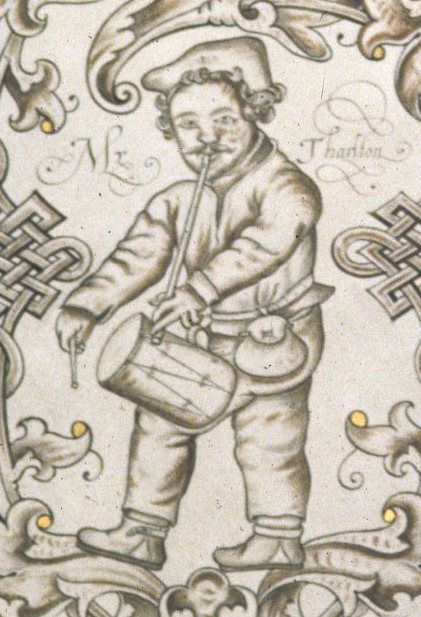|
Queen's Men (other) 1625–36
{{Disambiguation ...
The Queen's Men can refer to any of three acting companies: *Queen Elizabeth's Men 1583–94 *Queen Anne's Men 1603–16 *Queen Henrietta's Men Queen Henrietta's Men was an important playing company or troupe of actors in Caroline era in London. At their peak of popularity, Queen Henrietta's Men were the second leading troupe of the day, after only the King's Men. Beginnings The company ... [...More Info...] [...Related Items...] OR: [Wikipedia] [Google] [Baidu] |
Queen Elizabeth's Men
Queen Elizabeth's Men was a playing company or troupe of actors in English Renaissance theatre. Formed in 1583 at the express command of Queen Elizabeth, it was the dominant acting company for the rest of the 1580s, as the Admiral's Men and the Lord Chamberlain's Men would be in the decade that followed. Foundation Since the Queen instigated the formation of the company, its inauguration is well documented by Elizabethan standards. The order came down on 10 March 1583 ( new style) to Edmund Tilney, then the Master of the Revels; though Sir Francis Walsingham, head of intelligence operations for the Elizabethan court, was the official assigned to assemble the personnel. At that time the Earl of Sussex, who had been the court official in charge of the Lord Chamberlain's Men in its first Elizabethan incorporation, was nearing death. The Queen's Men assumed the same functional role in the Elizabethan theatrical landscape as the Lord Chamberlain's Men before and after them did: ... [...More Info...] [...Related Items...] OR: [Wikipedia] [Google] [Baidu] |
Queen Anne's Men
Queen Anne's Men was a playing company, or troupe of actors, in Jacobean era London. In their own era they were known colloquially as the Queen's Men — as were Queen Elizabeth's Men and Queen Henrietta's Men, in theirs. Formation The group was formed on the accession of James I in 1603, and named after its patron, James's wife Anne of Denmark. It was a combination of two previously-existing companies, Oxford's Men and Worcester's Men. Among the company's most important members were Christopher Beeston, its manager, and Thomas Heywood, the actor-dramatist who wrote many of its plays, including ''The Rape of Lucrece'' (printed 1608) and ''The Golden Age'' (printed 1611). William Kempe finished his career with this company, though he died c. 1603. Personnel In 1604, ten members of the new-formed company were granted the sum of four and a half pounds each, to buy red cloth for their livery for 15 March coronation procession. The ten were Beeston, Heywood, Richard Perkins ... [...More Info...] [...Related Items...] OR: [Wikipedia] [Google] [Baidu] |
